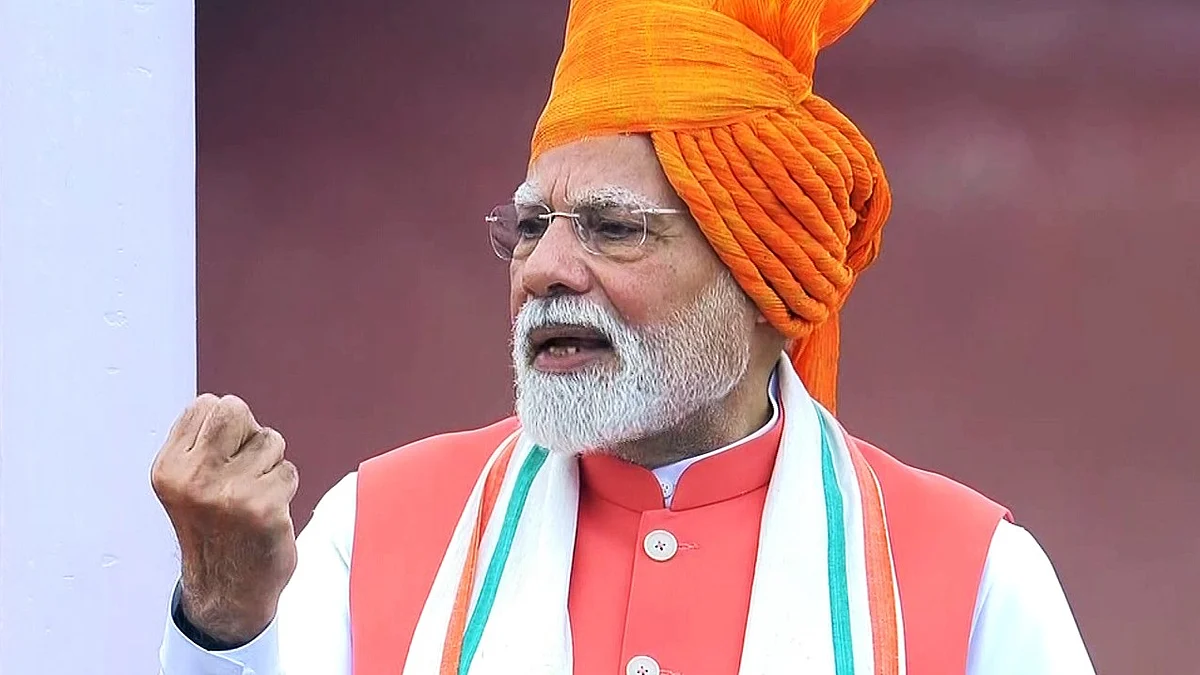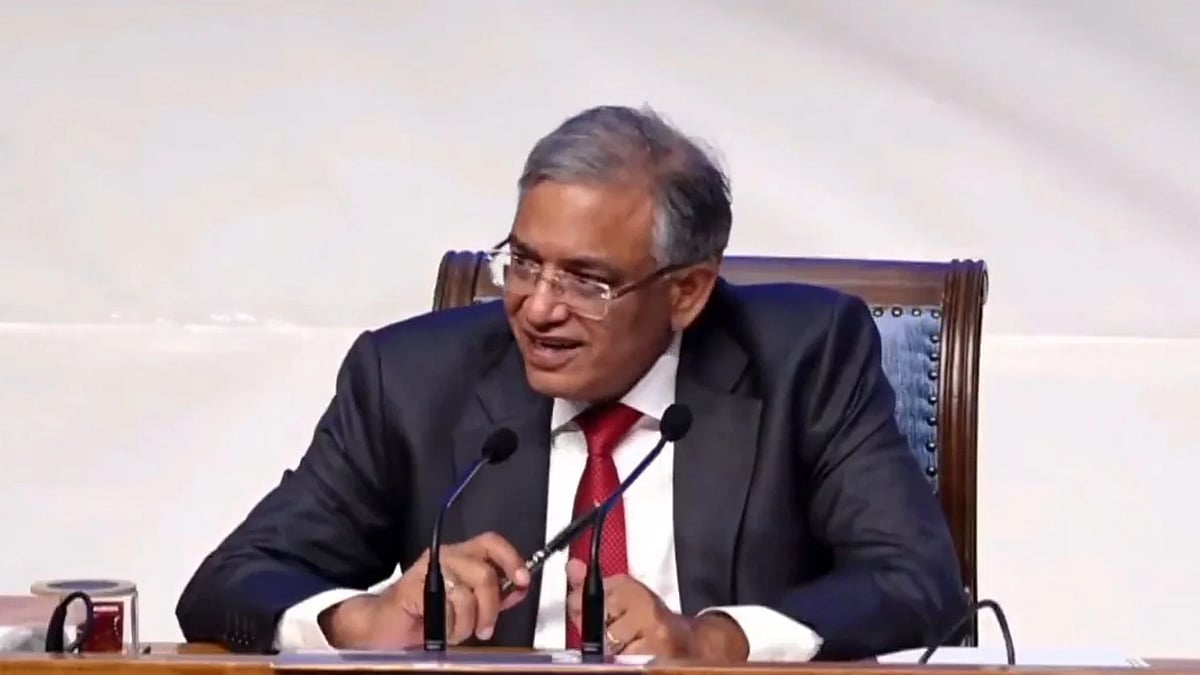August 19 is commemorated as World Humanitarian Day. But the question is: Is humanity confined to humans only? Shouldn't we go beyond humans and extend our humane behaviour to our mute and vulnerable friends, animals, as well? Dignity is not just a prerogative of humans. It's also an unalienable right of all creatures, big or small, created by nature. Here the issue is not getting into the eternal ethical conundrum of whether one should eat meat or not. It deals with the dignity of animals, nonchalantly devoured and destroyed by humans. Showing a humanitarian attitude and approach to all and sundry is the cardinal objective of World Humanitarian Day.
An American biologist wrote for The Reader's Digest, Canada edition, in 1973 that when poultry birds, cows, pigs, lambs, etc., are herded into one place and led to the abattoir, they sense that they're being taken to be slaughtered. They cry and beg in their language to be left unharmed. But to no avail.
Nowadays, in relatively civilised countries, poultry birds are not herded together like crammed sardines, and when a bird is killed for its flesh, other birds don't get to see the gory spectacle. The same is the case with bigger animals reared for their flesh. This is what one can call ‘the minimum vestige of dignity assigned to a helpless animal’.
But in India and Southeast Asian countries, birds are cut, dressed and devoured in the presence of other birds waiting for their turn to be slaughtered. Not only that, but the disturbing sight of hanging fried chickens underlines the fact that we've not yet understood the basic need of respecting the fundamental dignity of other creature/s. Remember, the idea that some lives matter less is the root of all that is wrong with the world. When we start to view certain lives as more important or worthy than others, we justify harmful actions and perpetuate systems of inequality and oppression. This mindset not only leads to mistreatment of animals but also contributes to human rights abuses, environmental degradation, and social injustices. By recognising and respecting the worth of all lives, we can create a more compassionate and equitable world for all beings to thrive.
Recently, in a swish restaurant in India, yours truly saw a very disconcerting sight. The waiter was showing live crabs and prawns to seemingly very affluent patrons for the picking. The poor lobsters and crabs were swimming in the aquarium, and the waiter was taking them out to be served for the customers. This is sheer indignity for a living being. Just like humans, animals are capable of feeling joy, pain, and suffering. By acknowledging this, we can cultivate a greater sense of compassion and empathy towards animals, treating them with the respect and care they deserve.
Many roadside butcheries in India still display dead animals with their skin peeled off. The very sight reeks of the indignity of the slain animal. It's an eyesore as well. Mind you, it's not predominantly an issue of meat-eating. It's an issue of the ethical treatment of the animals we're so fond of eating. Are ethics applicable only to the humans who are supposed to have a higher level of intelligence? Is not ethical treatment the basic right of even an animal? We must never forget that animals are not mere property or commodities to be bought and sold for human use, but rather they are beautiful and sentient beings who deserve love and respect. This viewpoint challenges the traditional notion of animals as objects for human exploitation and calls into question the ethics of using animals for entertainment, food, clothing, and other purposes. By recognising the inherent value of animals and their capacity to experience emotions and pain, we can strive to treat them with the compassion and consideration they deserve.
Ultimately, adopting a mindset of love and respect towards animals can lead to a more ethical and compassionate relationship between humans and the creatures we share our planet with. A nation's moral progress can be measured by how it values and cares for its animal population. Those who are compassionate and respectful towards animals are more likely to exhibit kindness and empathy towards other living beings, including humans. In this sense, the way a nation treats its animals is a reflection of its overall moral character and values.
Animals serve as a bridge, connecting us to the beauty and wonder of the natural world. They remind us of the importance of living in harmony with our environment and appreciating the incredible diversity of life on Earth. Through our interactions with animals, we are able to experience the magic and majesty of the natural world, reinforcing our bond with the environment and all its wonders. Ultimately, animals serve as a reminder of the interconnectedness of all living beings and the importance of protecting and preserving the beauty of our natural world. Animals are not here solely for human exploitation or use, but rather, they exist for their own purposes and reasons. Drawing a parallel between the exploitation of animals and the oppression of marginalised groups such as people of African origin and women, the statement challenges us to re-examine our relationships with other beings and to treat them with the respect and dignity they deserve.
Lastly, if our conscience doesn't allow us to hurt other humans, why doesn't it egg us on with the same intensity and passion when it comes to treating animals and honouring their dignity? After all, the soul is the same in all living creatures, although the body of each is different.
Sumit Paul is a regular contributor to the world’s premier publications and portals in several languages.











